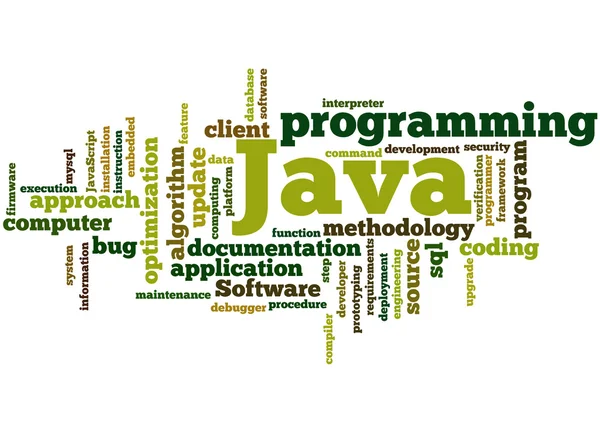Article 1: “Java: The Versatile Language Powering Modern Software Development”
Introduction: Java, a powerful and versatile programming language, has played a pivotal role in shaping modern software development. Developed by James Gosling and his team at Sun Microsystems in the mid-1990s, Java was designed with the intent of being platform-independent, secure, and easy to use. Over the years, Java has evolved into a language that caters to a wide range of applications, from web and mobile development to enterprise systems and scientific simulations. In this article, we will explore the key features and advantages of Java that have made it a favorite among developers worldwide.
-
Platform Independence: One of the standout features of Java is its “write once, run anywhere” (WORA) capability. By employing the Java Virtual Machine (JVM), Java code is compiled into an intermediate bytecode that can be executed on any platform supporting the JVM. This portability allows developers to build applications that can run on different operating systems without modification, significantly reducing development time and effort.
-
Object-Oriented Programming (OOP): Java is a fully object-oriented programming language, embracing the principles of encapsulation, inheritance, polymorphism, and abstraction. This OOP paradigm encourages code reusability, modularity, and maintainability. Java’s object-oriented approach enables developers to model real-world scenarios effectively and build complex applications through class hierarchies and interactions between objects.
-
Rich Standard Library and Ecosystem: Java comes with an extensive standard library, known as the Java Class Library (JCL) or the Application Programming Interface (API). This library provides a plethora of pre-built classes and methods for various tasks, such as file handling, networking, database connectivity, GUI development, and more. Additionally, Java’s vast ecosystem includes numerous third-party libraries, frameworks, and tools, like Spring, Hibernate, and Maven, which further expedite development and foster innovation.
-
Robust Memory Management and Garbage Collection: Java’s automatic memory management system, aided by the Garbage Collector, relieves developers of manual memory allocation and deallocation. The Garbage Collector identifies and removes unreferenced objects, preventing memory leaks and improving overall application performance. This feature makes Java a safe and stable choice for mission-critical applications, where efficient memory management is essential.
Conclusion: Java’s versatility, platform independence, and robustness have made it a dominant force in the world of software development. Its rich set of features, object-oriented nature, and vast ecosystem have contributed to its widespread adoption across industries. As the technological landscape continues to evolve, Java remains a valuable and relevant language, empowering developers to create innovative and reliable applications that shape the digital world.
for more java training in pune







